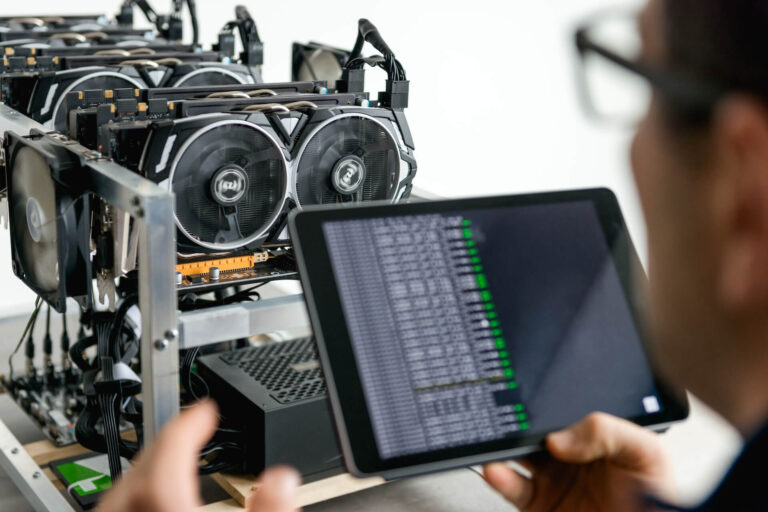
Welcome to Lets Move Solutions, Your One-Stop Source for Networking Solutions and Beyond!

Email: [email protected]

In today’s interconnected world, having reliable networking equipment is essential for the smooth operation and growth of any business. However, with a wide range of options available, choosing the right networking equipment can be a daunting task. This comprehensive guide aims to provide you with the necessary information and insights to make informed decisions when it comes to selecting networking equipment for your business. From understanding your networking needs to evaluating different equipment types and considering scalability, security, and cost factors, we will walk you through the key considerations to help you make the best choice for your specific requirements.
Understanding Your Networking Needs: The first step in selecting the right networking equipment is to assess your business’s specific networking needs. This involves understanding the size and layout of your network, the number of devices and users, and the expected data traffic. Consider the current and future requirements of your business, such as the need for wireless connectivity, VoIP (Voice over Internet Protocol) services, or video conferencing. By evaluating these factors, you can determine the performance and features required from your networking equipment.
Evaluating Equipment Types: Once you have a clear understanding of your networking needs, it’s time to explore the different types of networking equipment available. This includes routers, switches, wireless access points, firewalls, and more. Each type of equipment serves a specific purpose and plays a crucial role in establishing and maintaining a robust network infrastructure. Assess the features, capabilities, and compatibility of different equipment types in relation to your business requirements. Consider factors such as data transfer speeds, port availability, PoE (Power over Ethernet) support, VLAN (Virtual Local Area Network) capabilities, and management options.
Scalability and Future Growth: When selecting networking equipment, it’s important to consider scalability and the potential for future growth. As your business expands, your network requirements may change, and it’s essential to choose equipment that can accommodate that growth. Look for networking equipment that supports modular expansion, additional ports, and bandwidth scalability. Consider the capacity for adding more users, devices, or network segments without compromising performance or stability.
Security Considerations: In today’s digital landscape, network security is of paramount importance. When choosing networking equipment, pay close attention to security features and capabilities. Look for equipment that offers robust firewall protection, VPN (Virtual Private Network) support, intrusion detection and prevention systems, and advanced encryption protocols. Evaluate the device’s ability to handle security policies and authentication mechanisms, ensuring that your network remains secure from external threats.
Cost Analysis: While cost should not be the sole determining factor, it is an essential consideration when selecting networking equipment. Evaluate your budget and consider the total cost of ownership, including equipment purchase costs, maintenance, and operational expenses. Compare different equipment options, vendors, and models to find a balance between affordability and functionality. Remember, investing in high-quality equipment that meets your business needs and can scale with future growth is crucial for long-term cost savings and performance.
Conclusion: Selecting the right networking equipment for your business is a crucial decision that can significantly impact your network’s performance, security, and scalability. By understanding your networking needs, evaluating equipment types, considering scalability and security, and conducting a cost analysis, you can make an informed decision. Remember to consult with networking professionals, review user reviews and ratings, and seek recommendations from trusted sources. By choosing the right networking equipment, you lay the foundation for a reliable and efficient network infrastructure that can support your business’s present and future needs.



Stream, create, and compete at the highest levels with industry-leading features and the latest hybrid architecture
